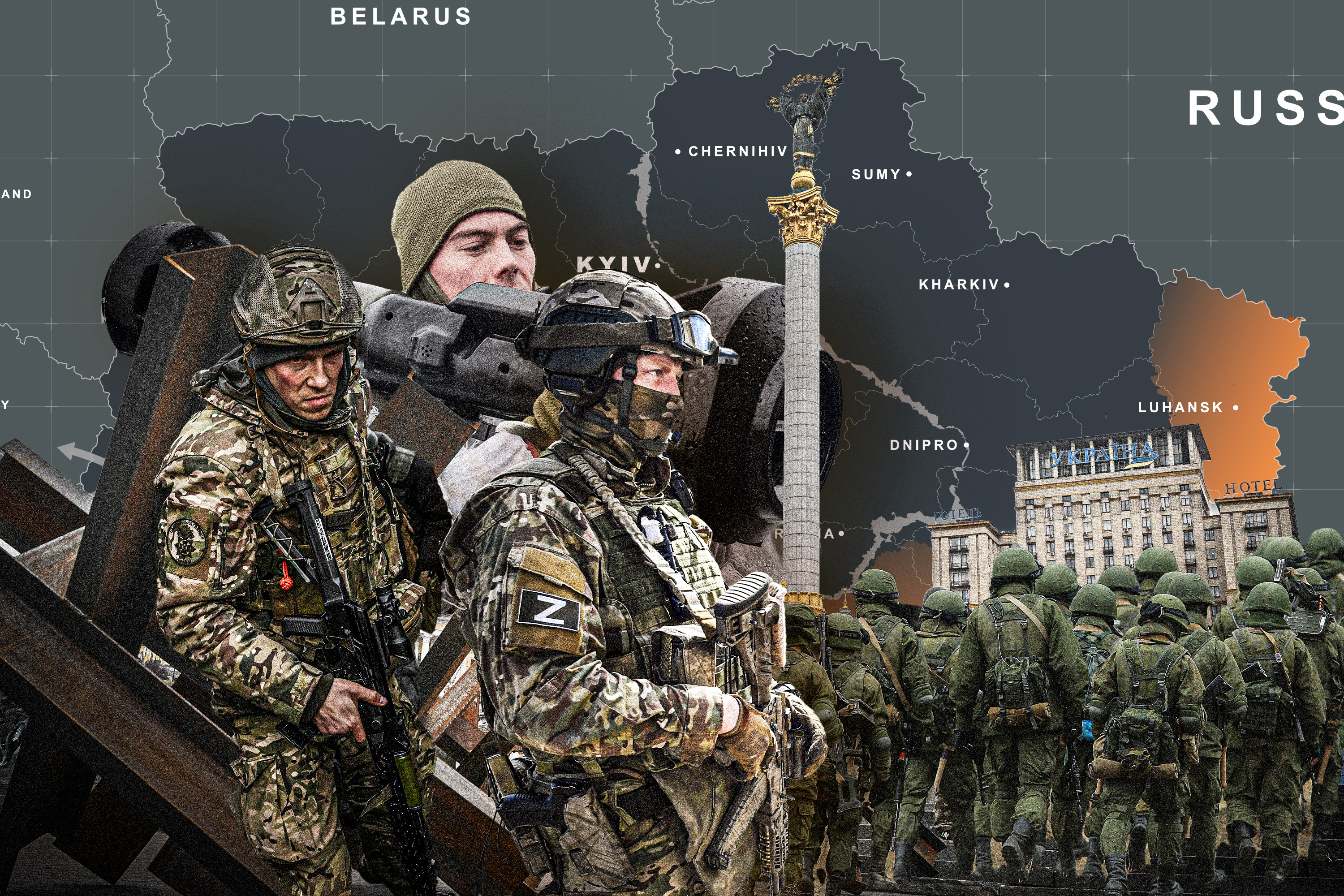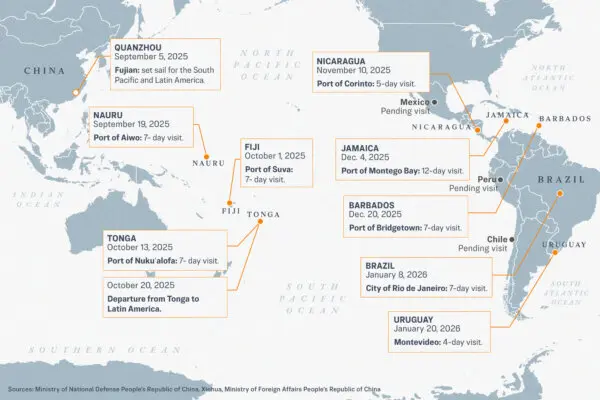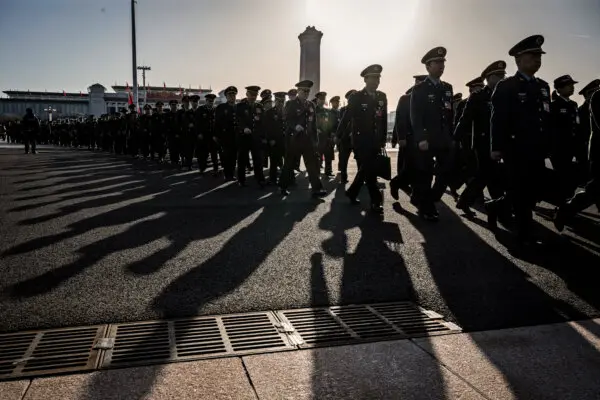Amid Waning US Support, Ukraine Seeks ‘Game Changer’
Ukraine doesn’t have a viable pathway for victory without foreign arms shipments and monetary support, experts say.

Illustration by The Epoch Times, Getty Images, Shutterstock
|
Updated:
WASHINGTON—Forces from Russia and Ukraine are fighting, bleeding, and dying in the trenches of Europe’s frozen east.
After so much gore, however, the end of this conflict still seems distant, and none in power appear confident that it'll go their way.










